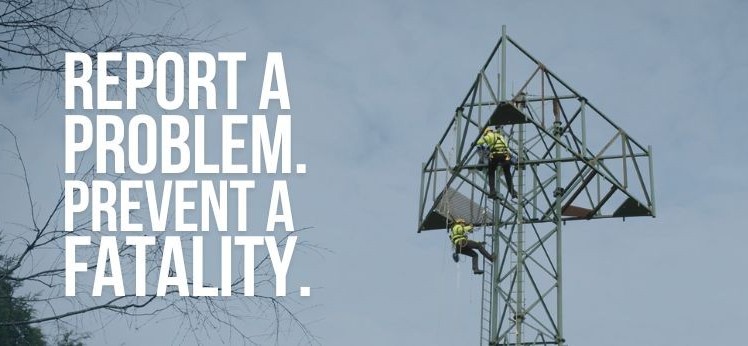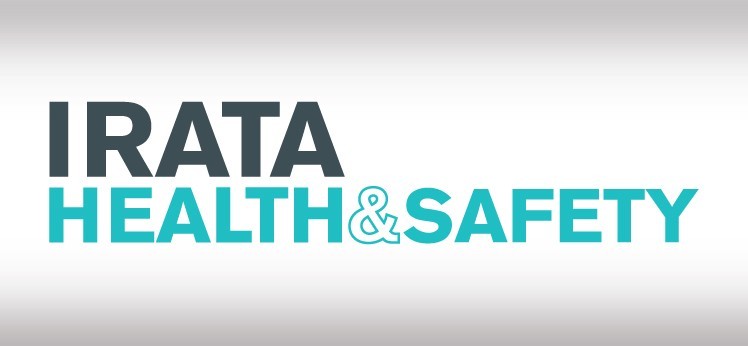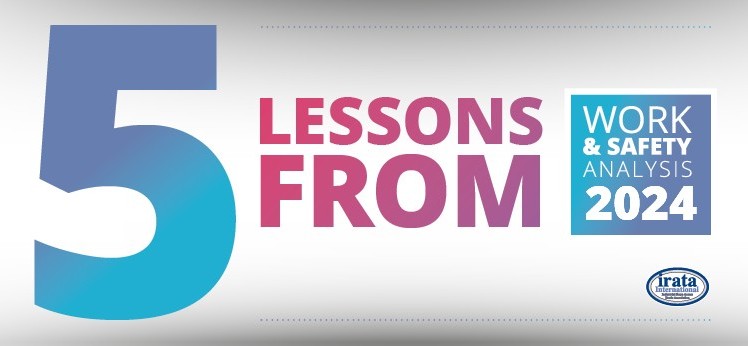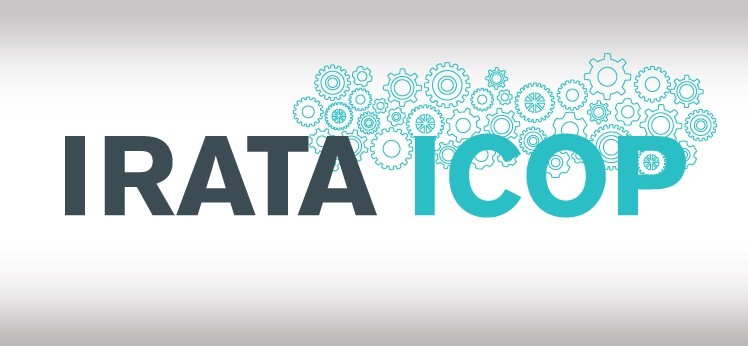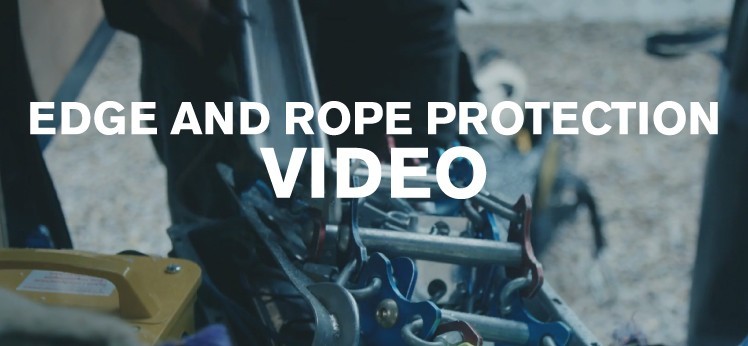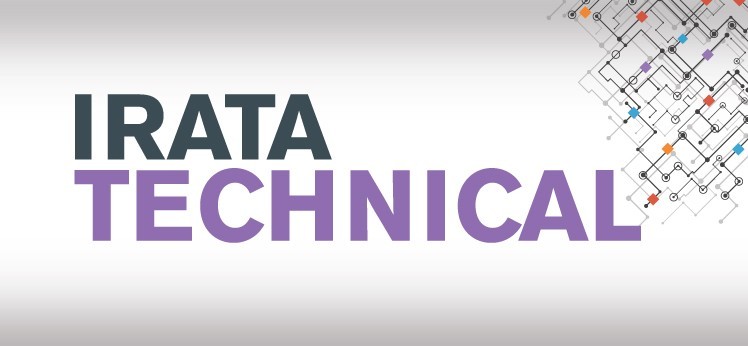Further IRATA Safety Bulletins have been released aimed at raising awareness of hazards within the rope access industry.
Safety Bulletin No. 44: Rope access main rope failure
This safety bulletin summarises the findings of a main rope failure. The rope access technician was undertaking non-destructive testing and fell when a hot plug on top of the pipework melted through both the rope protector and the main rope to the point of failure. The technician fell until arrested by their back-up safety system.
For the full bulletin click here.
Safety Bulletin No. 45: Fall from height - aid climbing
This safety bulletin summarises the findings from two non-fatal falls from height which occurred during the de-rigging of safety nets whilst using aid climbing techniques. The accidents took place on two different sites, with different specialist netting contractors. Primary causes included the potential for an equal and opposite horizontal reaction not being recognised and work that was taking place in an area away from that planned as the original area was not available.
For the full bulletin click here.
Safety Bulletin No. 46: Fall from height – major injury
This safety bulletin summarises the findings of a fall from height accident which occurred during work to clean the external windows of an office building, the fall resulted in significant injuries. Following an investigation by the employer and local enforcing authority, several underlying causes were identified as contributing factors of the incident. Issues included equipment selection and training.
For the full bulletin click here.
Safety Bulletin No. 47: Working in a bunker – dangerous occurrence
This safety bulletin summarises the findings of a dangerous occurrence that took place whilst two IRATA Level 2 rope access technicians were cleaning the internal walls of a limestone bunker. Following the incident, the method of work was changed to prevent a recurrence.
For the full bulletin click here.
All new and existing safety bulletins are freely available here.
Read More

